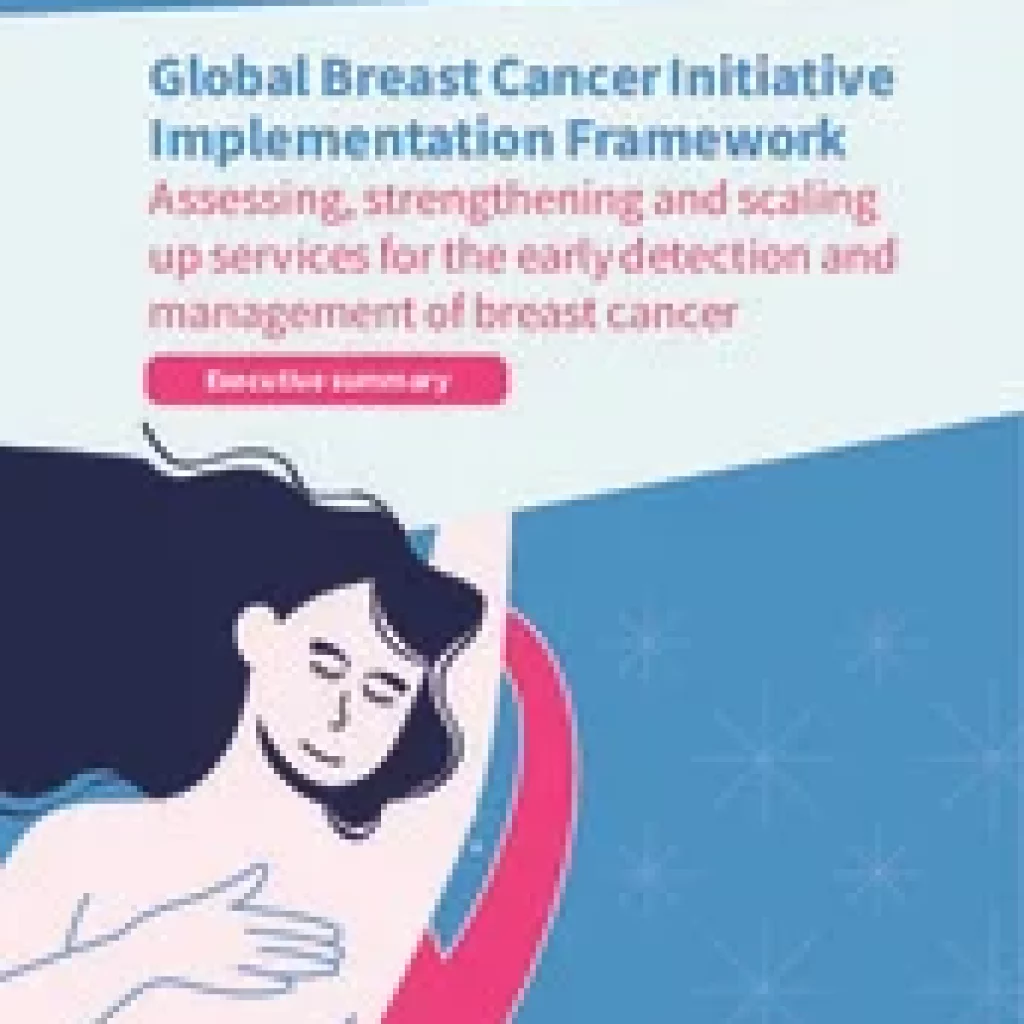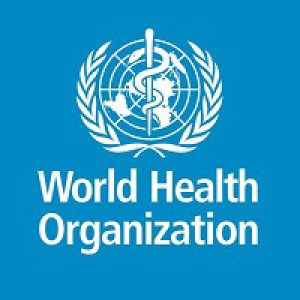The World Health Organization (WHO) released a new Global Breast Cancer Initiative Framework today providing a roadmap to attain the targets to save 2.5 million lives from breast cancer by 2040. The new Framework launched ahead of the World Cancer Day campaign marked tomorrow, recommends to countries to implement the three pillars of health promotion for early detection, timely diagnosis and comprehensive management of breast cancer to reach the targets.
There are more than 2.3 million cases of breast cancer that occur each year, which make it the most common cancer among adults. In 95% of countries, breast cancer is the first or second leading cause of female cancer deaths. Yet, survival from breast cancer is widely inequitable between and within countries; nearly 80% of deaths from breast and cervical cancer occur in low- and middle-income countries.
“Countries with weaker health systems are least able to manage the increasing burden of breast cancer. It places a tremendous strain on individuals, families, communities, health systems, and economies, so it must be a priority for ministries of health and governments everywhere,” said Dr Tedros Adhanom Ghebreyesus, Director-General of WHO, “We have the tools and the know-how to prevent breast cancer and save lives. WHO is supporting more than 70 countries, particularly low- and middle-income countries, to detect breast cancer earlier, diagnose it faster, treat it better and give everyone with breast cancer the hope of a cancer-free future.”
Cancer in women, including breast cancer leave devastating impact for the next generation. A 2020 study by the International Agency for Research on Cancer suggests that with an estimated 4.4 million women dying of cancer in 2020, nearly 1 million children were orphaned by cancer, 25% of which were due to breast cancer. Children who lose their mothers to cancer experience health and educational disadvantages throughout their lives, triggering generational, chronic social disruption and financial harm in many cases.
“Countries need to ensure that this framework engages and integrates into primary health care. This effort would not only support health promotion, but also empower women to seek and receive health care throughout the life cycle,“ says Dr Bente Mikkelsen, WHO Director for Noncommunicable Diseases. „With effective and sustainable primary health care, we can really see a pathway to universal health coverage.”
The newly published framework leverages proven strategies to design country-specific, resource-appropriate, health systems for the delivery of breast-cancer care in low- and middle-income settings. It outlines three pillars of action with specific key performance indicators:
1. Recommending countries to focus on breast cancer early-detection programmes so that at least 60% of the breast cancers are diagnosed and treated as early-stage disease.
2. Diagnosing breast cancer within 60 days of initial presentation can improve breast cancer outcomes. Treatment should start within three months of first presentation.
3. Managing breast cancer so that at least 80% of patients complete their recommended treatment.

The Global Breast Cancer Initiative strives to reduce breast cancer mortality by 2.5 percent per year, which over a 20-year period can save 2.5 million lives. The purpose of this core technical package is to outline a pathway for incremental, sustainable improvements tailored to country-specific needs based on three key strategies and objectives: health promotion for early detection; timely diagnosis; and comprehensive breast cancer management. This document provides a common framework linking policy makers, stakeholders, the clinical community, program managers and civil society to evidence-based systematic approaches that can facilitate health systems strengthening.
Published in GI-Mail 02/2023 (English edition).
- Do you already know our monthly newsletter GI-Mail with useful tips on postgraduate courses?
Sign up here. - Are you looking for vacancies or new career challenges? Here you will find the latest vacancies and job offers.
- Do you already know our monthly job-information GI-Jobs with current job offers for doctors, managers and nurses? Sign up here.
- Are you interested in up to date postgraduate courses and CME? In our education database »medicine & health« you will find new education events from over 2300 organizers.

